“We the People of the United States, in Order to form a more perfect Union, establish Justice . . . ”
—The Preamble to the Constitution, 1787
“ . . . with liberty, and justice for all.”
—The Pledge of Allegiance, 1892

The debate about justice is raging across literally every city and state, every venue, every household in the country. For Black folks, though, it’s really no debate at all. Virtually all Black parents agonize over the desire to preserve their children’s innocence versus the need to have “the talk” to keep them safe. For white folks, however, it’s quite the opposite. Even among the most liberal, equitably minded of us, there’s this strong sense, instilled at an age as young as Black kids hear the talk, that justice is immutable.
“If you’re ever scared or need help, just look for a policeman.”
“A jury of your peers is designed to ensure justice.”
“A public defender is appointed to ensure a fair trial.”
“Federal judges are appointed for life to avoid pressure and bias.”
“Justice will prevail.”
I’d go so far as to suggest that it seems almost sacrilegious for us—white liberals—to question the system. Even when we understand and support “Black Lives Matter,” it hurts just a bit to denounce “Blue Lives Matter.” They put their lives on the line for us! “Defund the police”? Crazy talk!
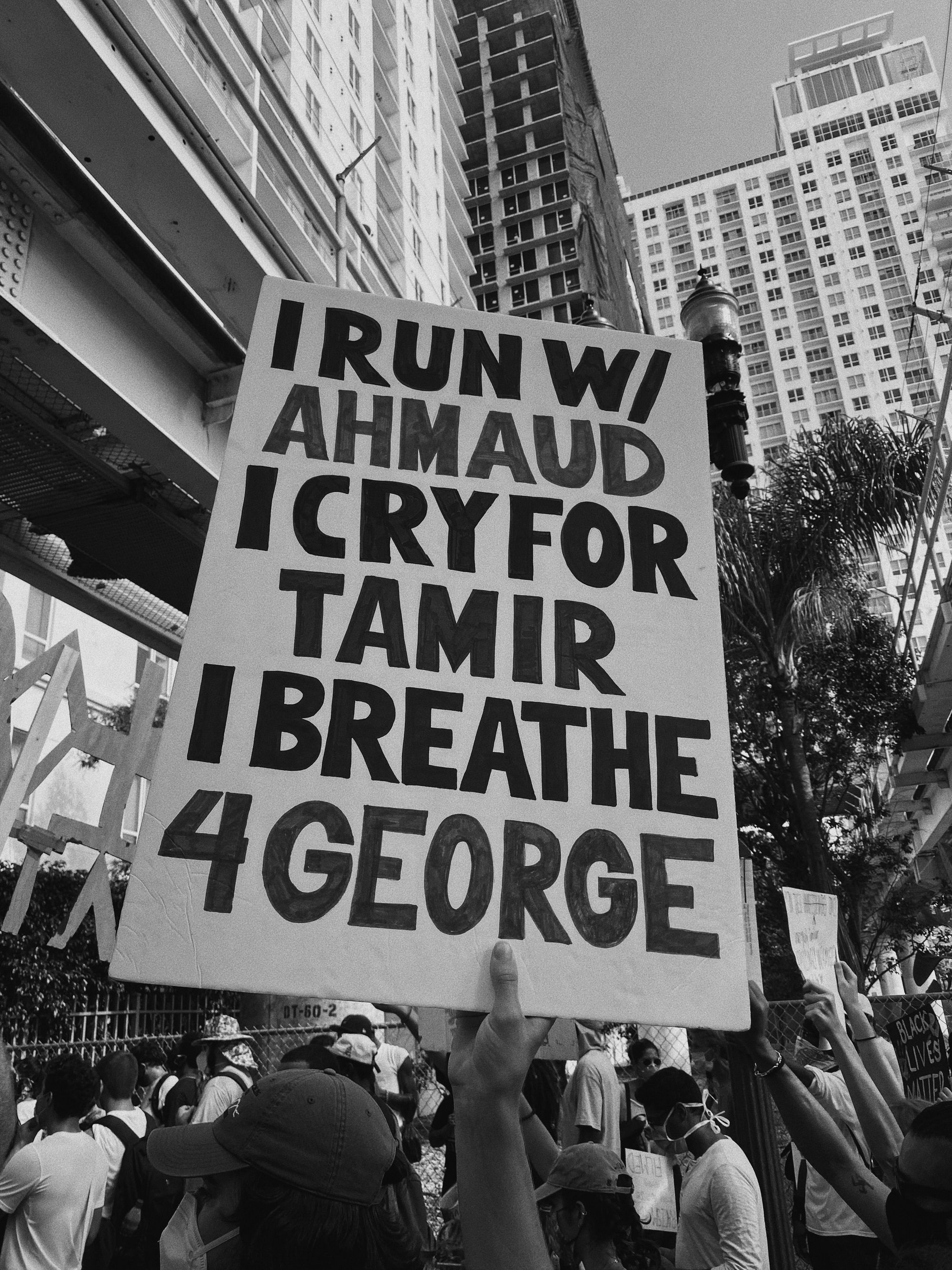
Part of the reason white liberals are outraged when an unarmed Black “suspect” is choked to death while handcuffed or murdered while sleeping in their own home is that it goes completely against what we know to be fair and true. It confounds our very sense of who we are as Americans. There are probably similarly heinous cases every day in America, but we think of them as aberrations in an otherwise just world. So when a white teen is found innocent in spite of everything we’ve seen and heard about the circumstances, even allies will quickly point out that none of us was in the courtroom and “you have to respect the verdict.”
I’ll admit that it took much of my sixty years to see all the cracks in the system. And every time I point out the fissures now, I am attacked almost as much from the left as the right. “Stop being inflammatory!” Nobody (white, at least) wants to question the sanctity of a 200-some-year-old system carefully constructed by forefathers we were also raised to revere, year in and year out, through our entire childhood education. Even as we denounce the enslavement that corrupted our very roots, we want to believe there is much that is good at the core of our country, and there are foundational elements we can hold up as “constants” and “truths” in our lives.
While these laws might sound colorblind, one must remember that they were only expected to benefit one race.
The injustices start with that very enslavement, though, followed by the lack of Black voting rights, and into today with hundreds of laws in place or in progress to stymy the Black vote. Surely all good American students of history understand the importance of representation and how it led to our country’s independence: it is at the heart of equality and flows on down through every system, including justice. And surely no one can believe that our beloved forefathers, most of whom were enslavers, had Black people in mind when they wrote our first laws. While these laws might sound colorblind, one must remember that they were only expected to benefit one race.
I am sure some of our forefathers were good men for their time. I am sure there are good policemen, good lawyers, good judges, and politicians today. I’ve met many. But the fact of the matter is that all of our laws, all pursuits and arrests, all court cases, verdicts, and everything in-between are not part of some God-like monolithic entity but rather a giant “anthill” built from the labor of a billion human beings, and all of us—every single one of us—is fallible. No matter our intentions, we are at best still subject to the limitations of our worldview, the biases ingrained in our upbringings, the opinions of those we love bombarding us on a constant basis.
That is, again, at best. If we’re to be honest, few of us are at our best one hundred percent of the time, and some significantly less. So politicians, i.e., the individuals (mostly white men) who designed our legal system and legislate our laws, were and are subject to their own personal interests; the pressures of their constituents, who have their own biases and might or might not be well informed; the dictates of their political party; and the deep pockets of lobbyists.
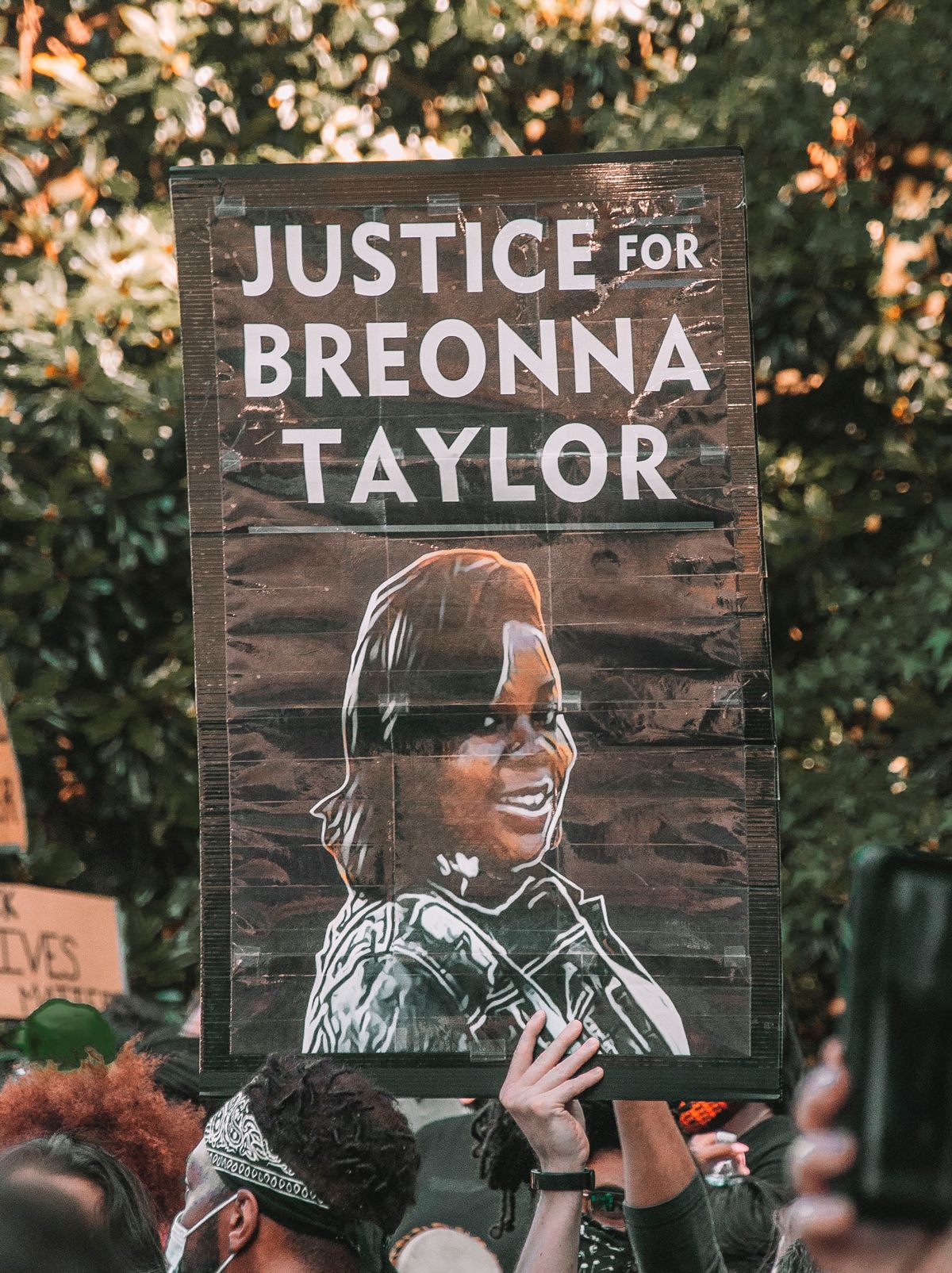
Let’s think about gun laws and gun “justice” as an example. As a result of NRA contributions, we have the laxest gun laws of any industrialized nation, even though something like two-thirds of all Americans (including a lot of gun owners) favor more restrictions. The senators from my state have taken more than $10M from the gun lobby just between the two of them (and they’re just two of many); can anyone really think they’re voting for the most “just” gun laws under these circumstances?
Then there are the police, who carry out the laws. Again, human beings are subject to biases, only armed in this case. To continue the gun example, even as we increase the ability to openly carry more kinds of guns in more situations, with almost a third of Americans owning one, the sight of a gun anywhere near a Black person is virtually always justification for the police to kill them. Philando Castile’s gun was legal and he’d committed no crime; Breonna Taylor was standing next to someone with a legal gun; Tamir Rice didn’t even have a real gun; the police who killed them were acquitted (or in Breonna’s case, not even indicted). Yet Nikolas Cruz, Dylann Roof, James Holmes, and many more white mass murderers are captured regularly without incident.
We white folks, including liberals, keep looking for the most minute excuses to justify these cases—they resisted arrest, they smelled like pot, they looked older than they were, they were scary (subtext: they were Black!)—but the numbers don’t lie: gun laws support white rights and the right to kill Black people. According to an analysis of 2015-2020 statistics, “In the case of armed victims…Black people were killed at 2.6 times the rate of white people […] Among unarmed victims, Black people were killed at three times the rate.” (Yale News) Are these really “aberrations”—year after year after year?
[ ... ] the individuals (mostly white men) who designed our legal system and legislate our laws, were and are subject to their own personal interests
Once arrested, “justice” is argued by prosecutors and defense lawyers in front of an “impartial” judge and a jury of one’s “peers.” If someone is impoverished, they may have a public defender. The concept sounded great in my American history class in middle school, but the fact is that public defenders have way more cases with far less incentive (payout) to win. Would you rather take your chances with an F. Lee Bailey or Alan Dershowitz, or with a public defender? Of course, given the economic disparities in America, there is a far greater percentage of Black people needing public defenders than white people who do. Does anyone really think this doesn’t affect the odds of “justice”?
Because those same defendants are unable to make bail (often set at higher rates than for white defendants accused of similar crimes), they also remain incarcerated and are more likely to accept a plea regardless of their guilt.
Judges are supposed to be unbiased and apolitical, but given that they are also humans, we should recognize their limitations by now. (Of course, the highest justices in the land—the Supreme Court—are, in fact, political appointees.) Hopefully, most of them take their lofty role seriously enough to try their best, but some level of bias is inescapable. This is why we get white men like Brock Turner and Christopher Belter receiving egregiously light sentences for rape, while Black teenager Emmitt Till was murdered for allegedly whistling at a white woman — and his white murderers were acquitted. Alice Sebold’s alleged rapist was wrongly convicted based only on her clearly faulty identification of him as her attacker.
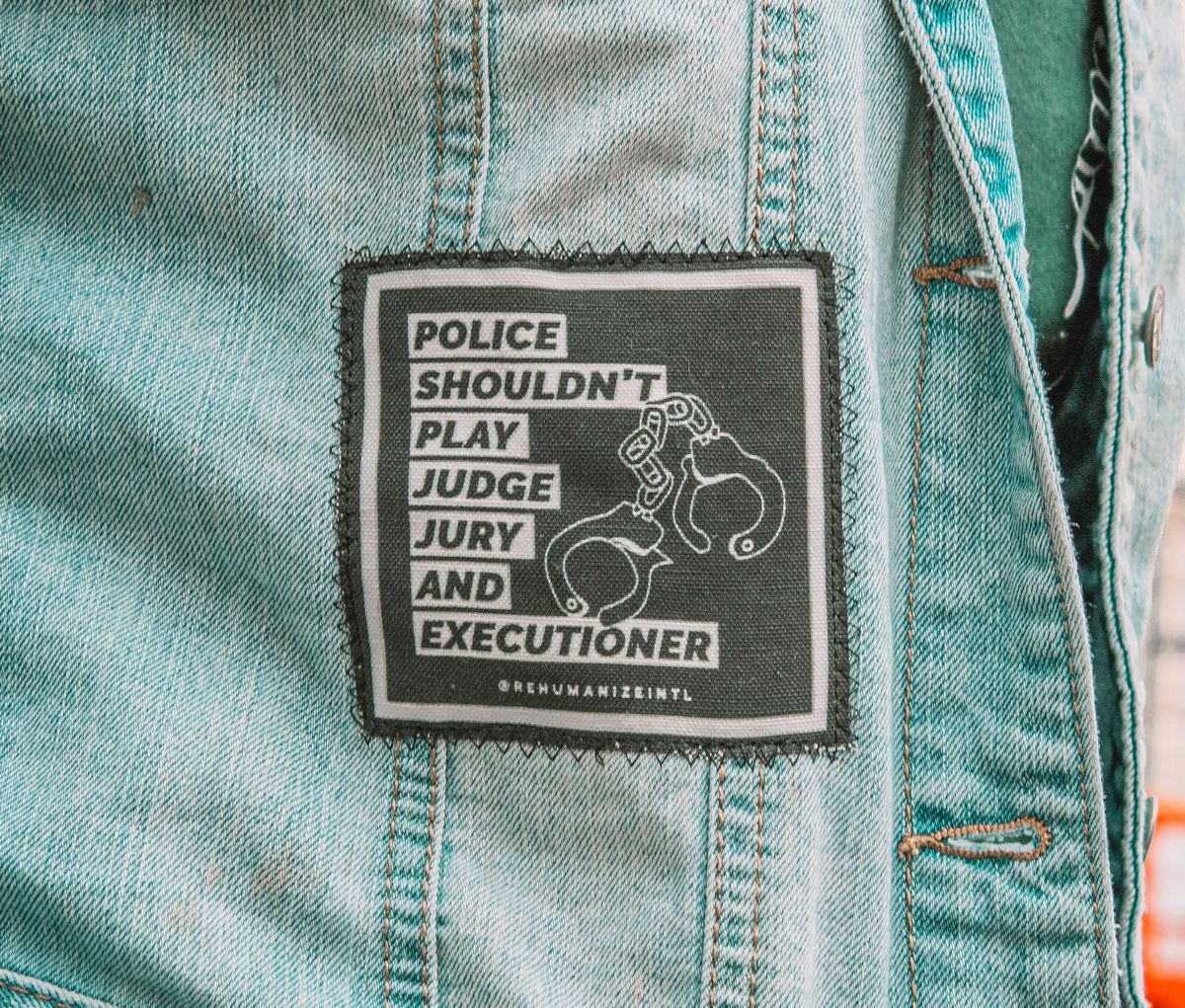
As for a jury of one’s peers, over sixty percent of America is still white while Black people constitute less than thirteen percent of the population. What does a “jury of your peers” look like to a Black defendant, then? And what are the odds that that will affect the outcome? If the police “feared for their life” facing a Black suspect, how will a white jury react to the same suspect?
Here are just a few random stats from the Sentencing Project on “justice” by race:
- Black adults are twice as likely to be arrested and 5.9 times as likely to be incarcerated as white adults.
- Black people are 3.7 times more likely to be arrested for marijuana usage, even though the usage rate is comparable across races.
- Black drivers are more likely to be pulled over, but three times more likely to be searched and twice as likely to be arrested, even though they’re less likely to be found with contraband.
I encourage everyone to read the entire report.
This should not be a political issue.
Even if a law was enacted with the best and most unbiased intentions, which as noted is sometimes debatable; and even if the legal system was without bias, but we can see that it is stacked against various groups such as People of Color and those who are impoverished at every single level; we can see how human bias throughout the system often precludes justice.
If I, as an older white woman, were to be arrested for something, could I expect justice? Almost certainly. But people with similar demographics need to look beyond their own narrow worldview and recognize that just because we will be treated justly (or maybe even a little bit better), this does not mean all Americans will be.
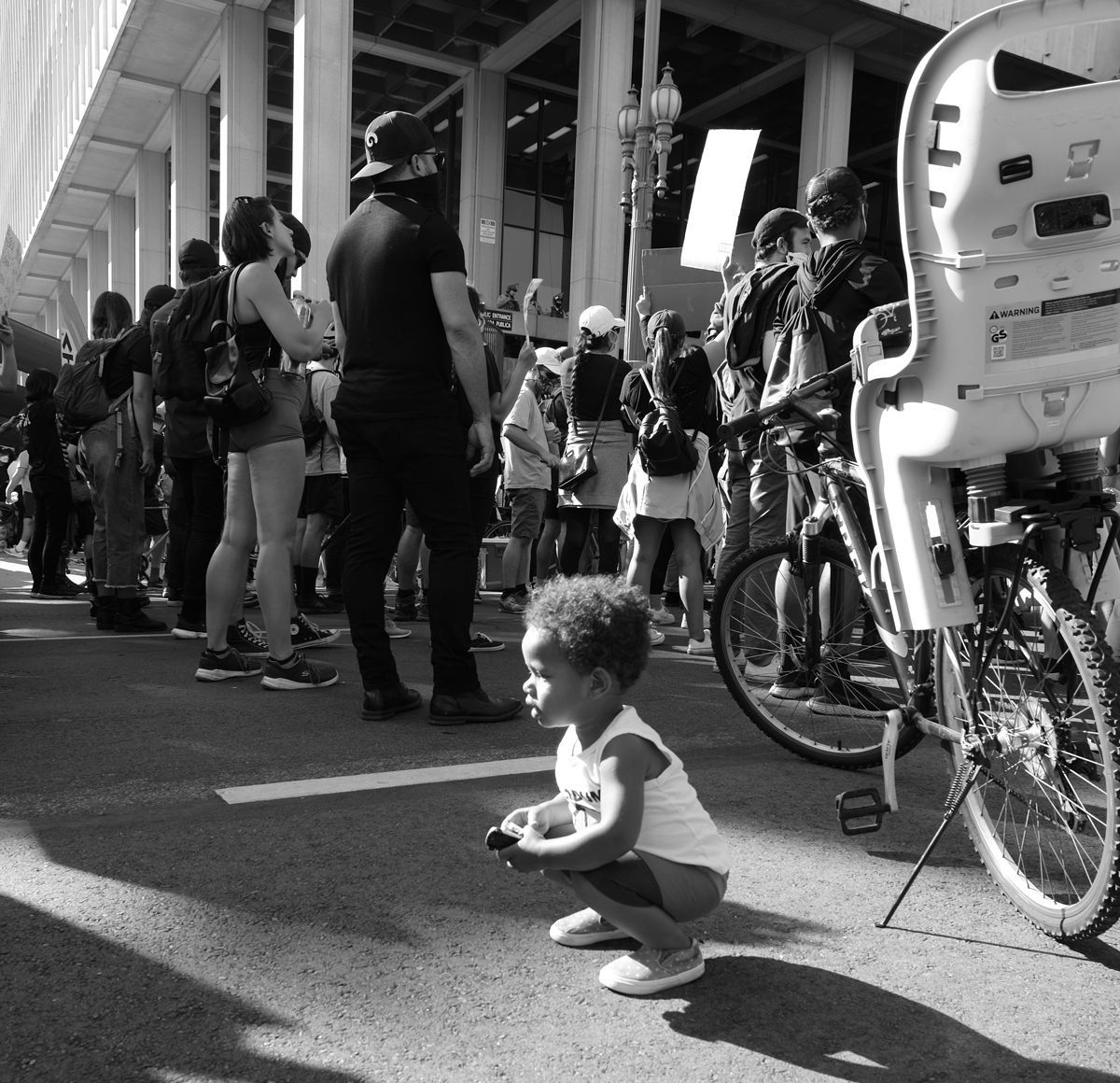
People being what they are, we will never eliminate all bias. But if we go through life accepting everything we’re told, putting imperfect beings on pedestals, refusing to look at the numbers, and treating the cases that make the headlines as anomalies, there will never be liberty and justice for all. This should not be a political issue. This should not be “wokeness” or “progressiveness,” left or right. This is the most basic fairness. We can, and must, do better.
Sherry Kappel
Our Human Family, Managing Editor
Top photo by Zoe Fernandez on Unsplash


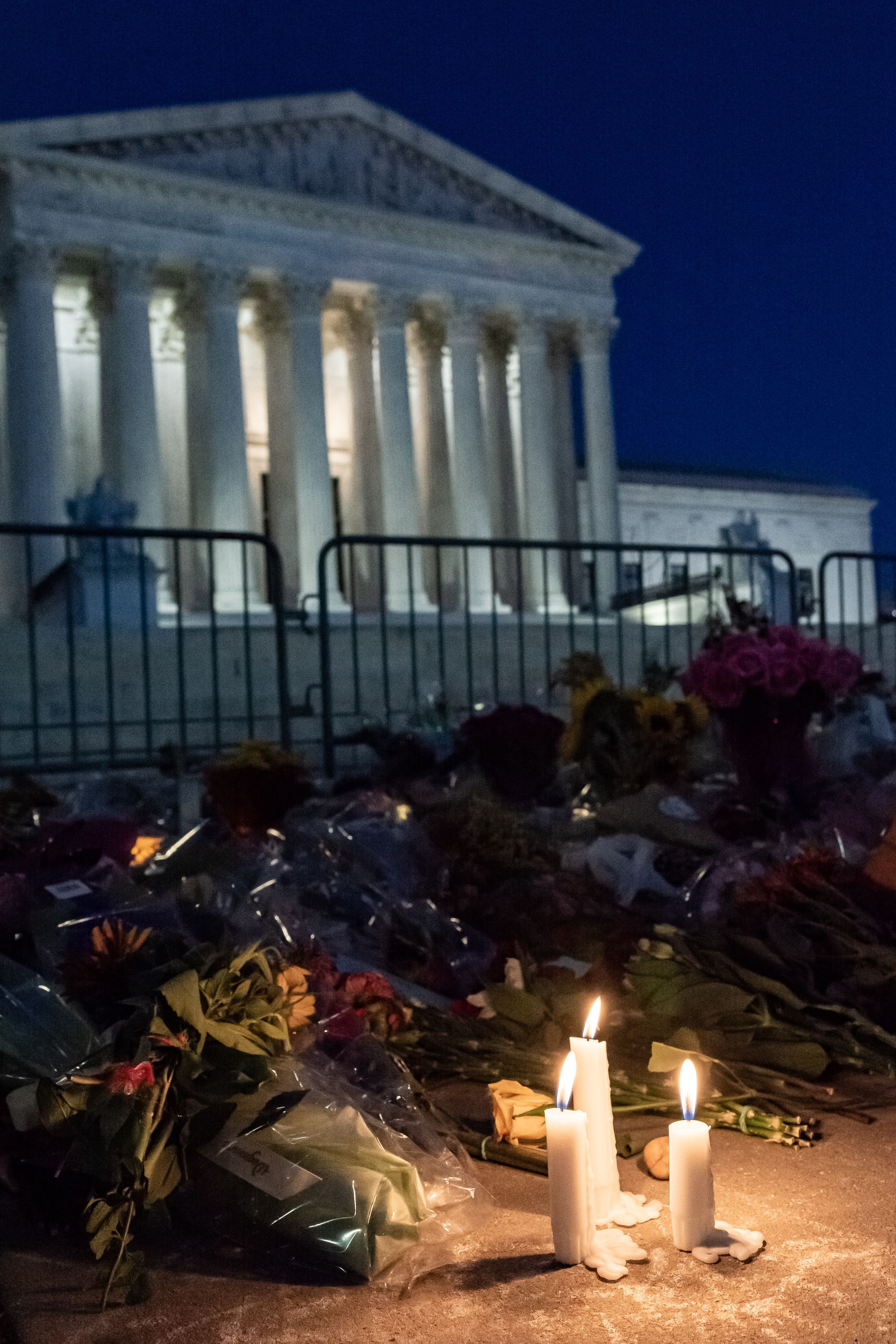


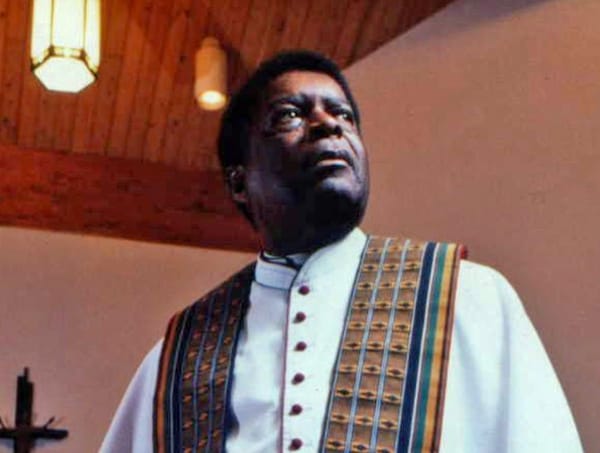
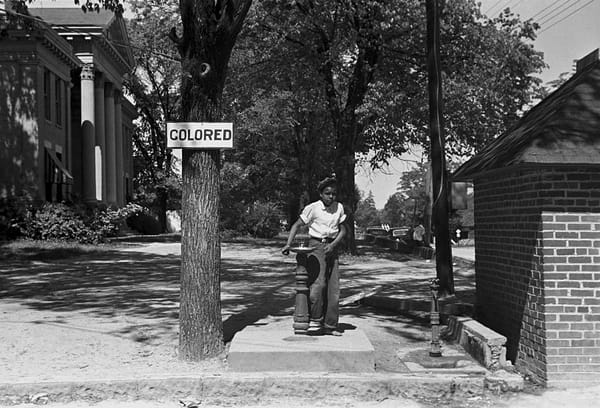

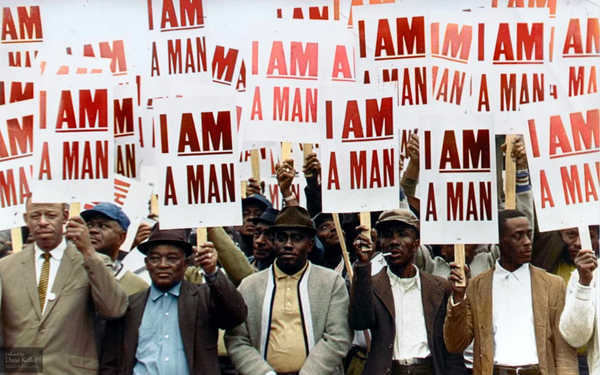

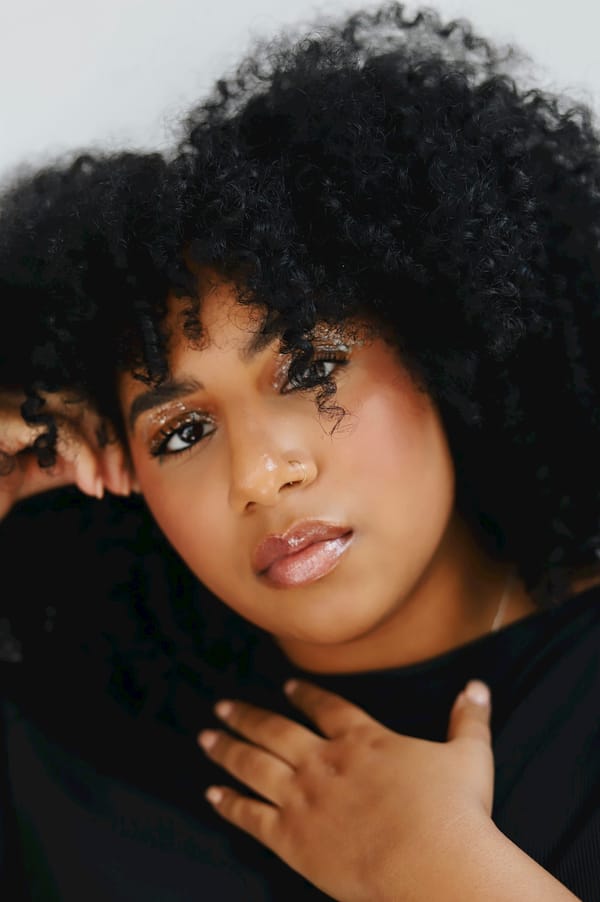
Member discussion